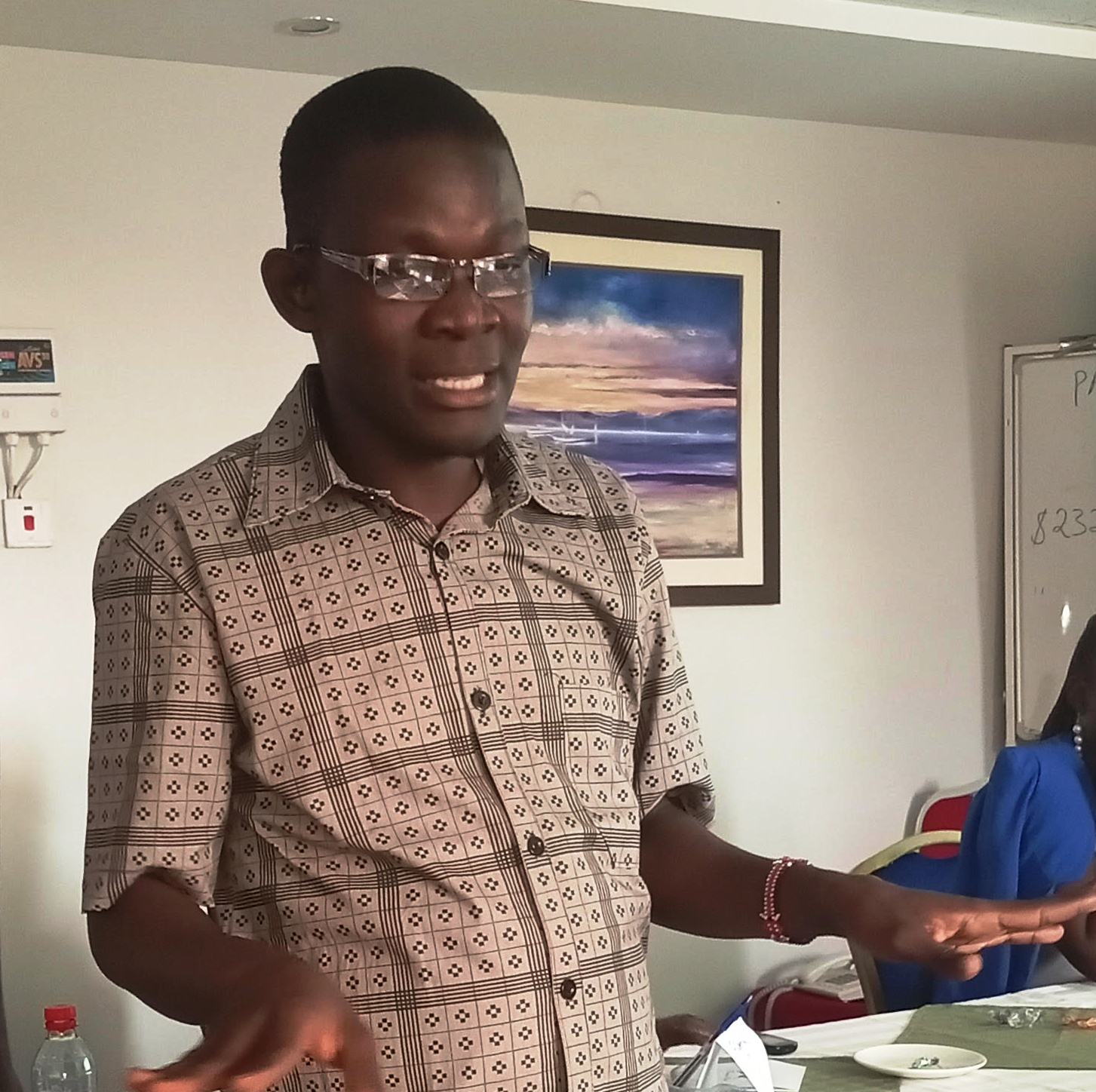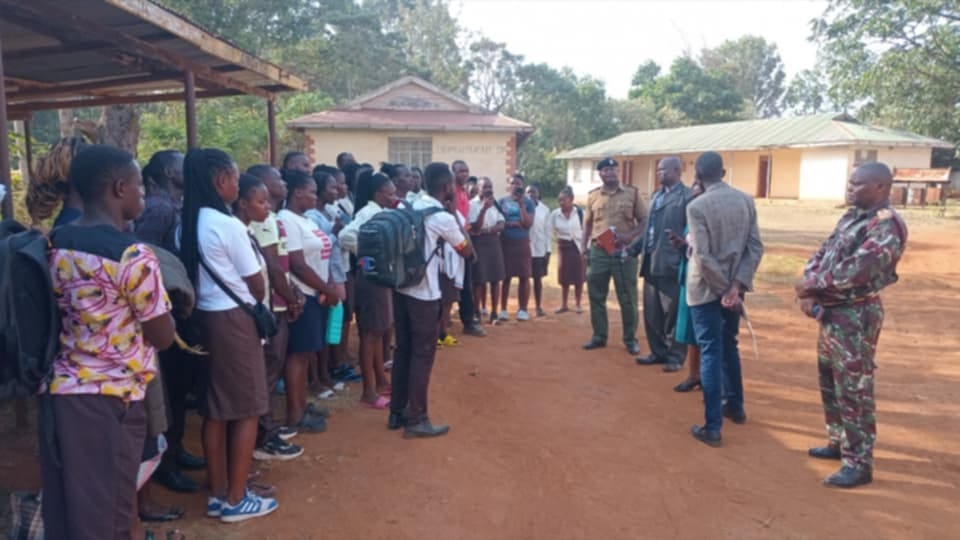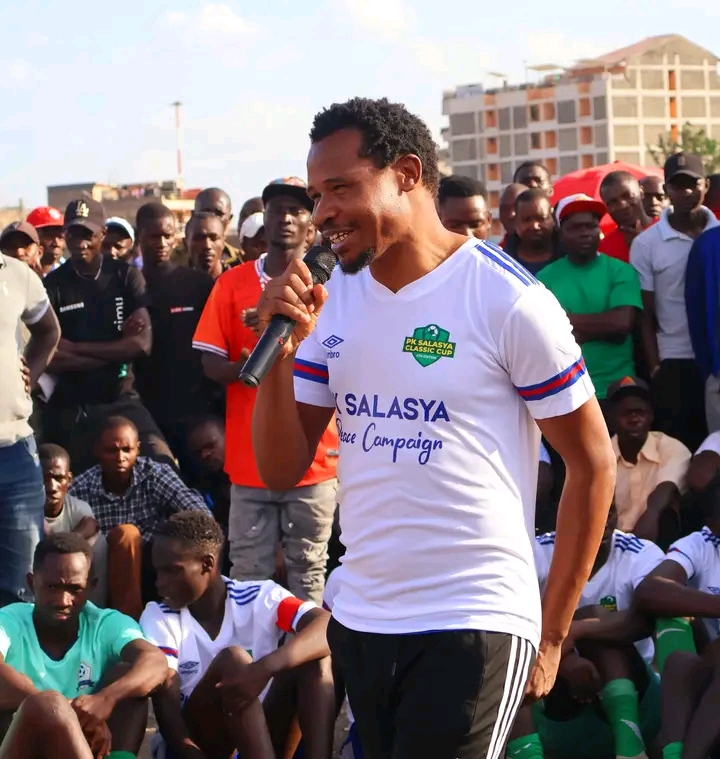A Child Rights Network has raised alarm over rising cases of online sexual exploitation of children in Kenya.
Davice Wita, the Executive Director at Child Ambassadors Development, noted that a lot of children were being hooked up in Online Child Sexual Exploitation and Abuse (OCSEA) ending up being sexually exploited by criminals without the knowledge of their parents and guardians.
Wita regretted that the vice has seen young children especially school girls suffer psychological stresses because the online culprits use convincing tactics to lure them to the act.
He noted that the innocent boys and girls silently suffer cyber bullying, harassments, enticements, stalking and grooming.
“The internet plays a fundamental role in children’s educational and learning experiences being one of the largest, easily accessible single sources of information due to high adoption of digital solutions. A significant consequence has been an increased risk to Online Child Sexual Exploitation,” he observed.
He revealed that the online criminals ensure they get the most persuasive means to get the children which include even using the images of trusted relatives and friends of the innocent children.
The Child rights champion regretted that the increase in internet availability across Kenya has not been matched by measures addressing how to adequately protect children in this new online environment further noting that some forms of OCSEA are not explicitly criminalized in the Kenyan Law and most incidents go unreported.
The Disrupting Harm Report on the Kenyan Situation – published in October 2021 depicted the high risks of OCSEA.
According to the report, 67% (14.7 million) of children aged 12-17 years are internet users. Two-thirds of internet using children have not been taught how to stay safe online
The report also noted that only 5% of children subjected to Online Sexual Exploitation and Abuse gets reported to the police or national helpline.
7% of the children were offered money or gifts in return for sexual images or videos while 4% were threatened or blackmailed online to engage in sexual activities. Another 7% of children have had their sexual images shared with others without their permission.
Davice Wita counseled teachers, parents/caregivers to keep their children safe online by being aware of internet risks and cyberbullying, their effects and how to respond.
“They need to make sure children understand that they should only be contacted by known adults that their parents have agreed to. Parents and teachers need to know that children confidential data is protected so that it is not shared including being able to monitor signs of Online Sexual Exploitation and Abuse occurrence among children in school,” Wita pointed out.
By Erick Nyayiera
Get more stories from our website: Education News
You can also follow our social media pages on Twitter: Education News KE and Facebook: Education News Newspaper for timely updates.






